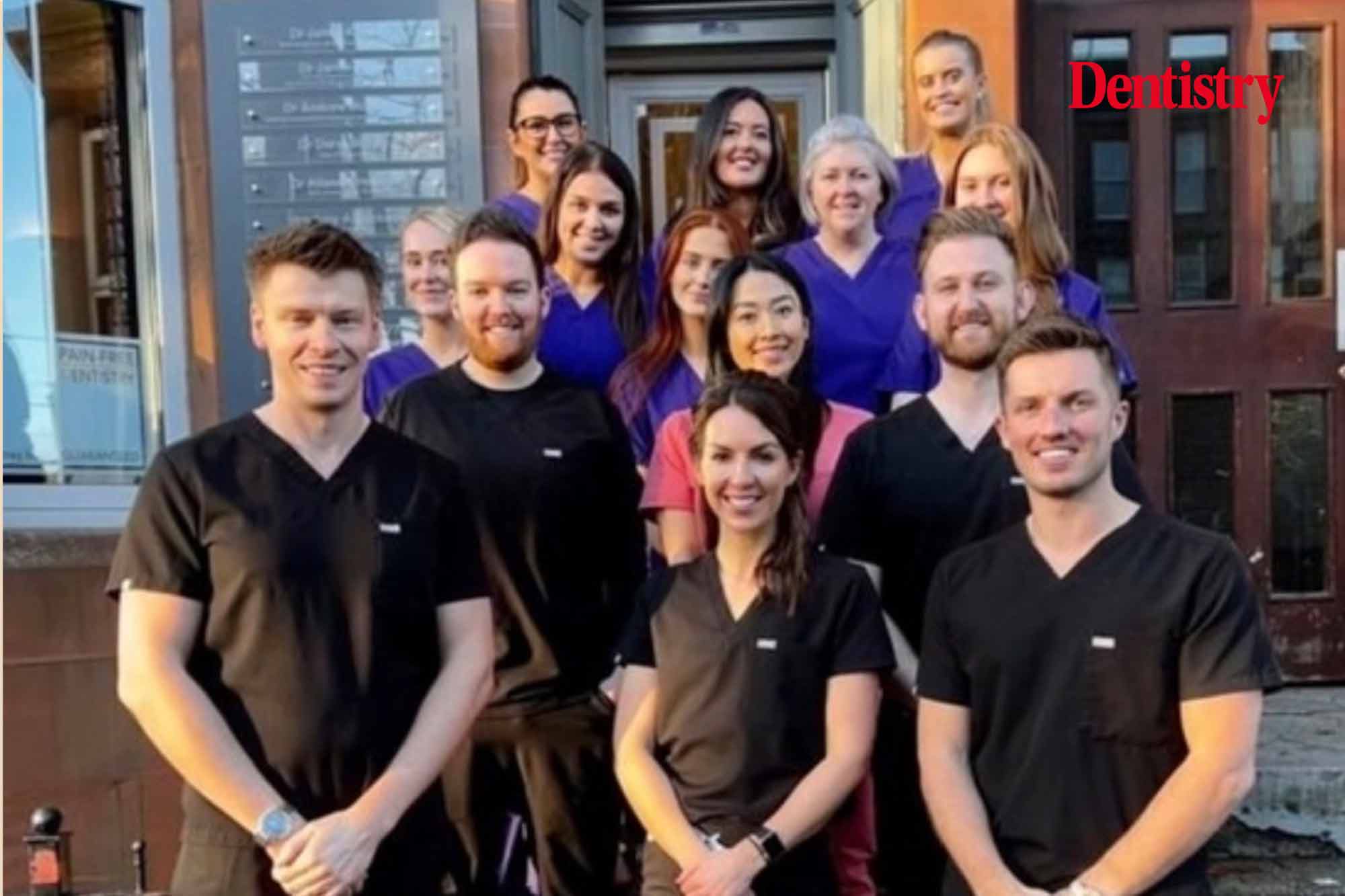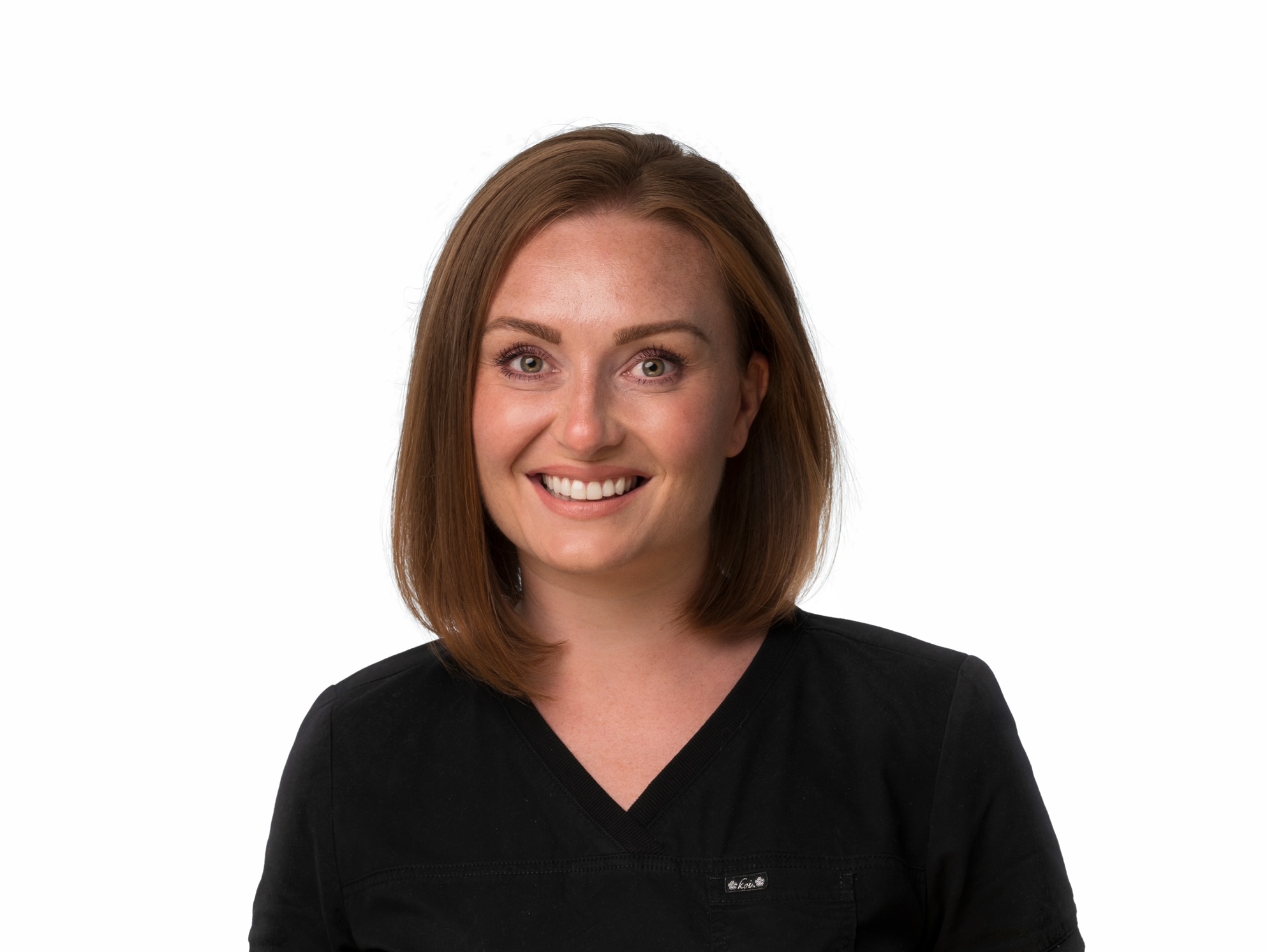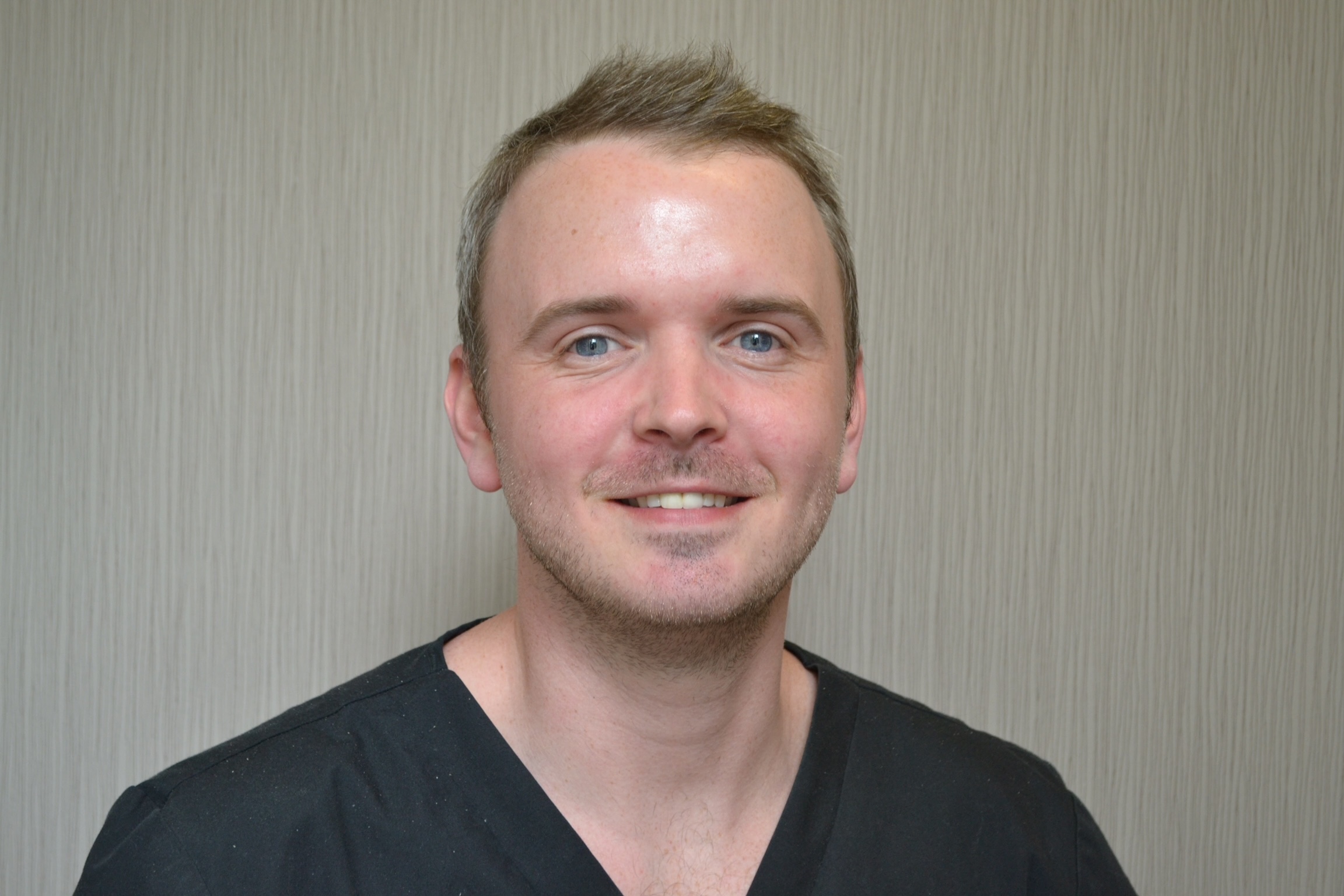
Lauren Long hears from three dental professionals about how dental therapy can transform the practice – both clinically and in business.
In the past few months we have been bombarded with headlines referring to the ‘dental crisis’. Many stories have been published in the press – both dental and national – referring to long waiting times for an examination and an even longer wait for treatment.
With around 4,000 dental therapists currently registered with the GDC, but often under-utilised, how can we implement the skills of these professionals within practice? Somewhat easing the burden on dentists, increasing practice efficiency and most importantly, enabling patients to have greater access to care.
Dental therapists can work either on a referral basis or through direct access. They offer many different treatments to patients such as:
- Clinical examination and treatment planning – including taking and interpreting radiographs
- Taking and utilising records such as impressions or digital scans
- Diagnosis of all items within scope of practice
- Direct anterior and posterior restorations
- Cosmetic composite bonding
- Tooth whitening
- Non-surgical periodontal treatment.
Multi-disciplinary approach
As therapist clinical director for Pain Free Dentistry Group – based mainly in Scotland and the North of England – I have seen how beneficial the use of the dental therapists’ skills can be.
We have a team of dental therapists across our 11 practices. We work closely with dentists to provide a multi-disciplinary approach to care.
A patient journey may typically include periodontal and restorative treatment with a therapist. This is often alongside a variety of treatments offered by our highly-skilled dentists. For example, dental implants, endodontics or smile makeovers.
Below we look at how the use of dental therapists has benefitted the team, from three different viewpoints within the group:
The dentist – Dr Morven McCauley, Dentistry on the Clyde

Efficiency, increased productivity, and job satisfaction are three important factors to any dentist. Personally, I have found working with a dental therapist fundamental in helping me achieve these three goals.
I was first introduced to the therapist practicing model while working in Australia.
They demonstrated a slick operation, maximising the skills of the therapist for every single patient from the initial appointment. I was amazed at its benefits for each clinician, the practice, and the patient.
Utilising the focused restorative skills of a therapist has allowed my own appointment book to be more concentrated on the type of dentistry which provides not only a higher value, but greater enjoyment and satisfaction.
Transferring patients to have certain restorative treatments completed by the therapist allows a more efficient use of surgery time, greater appointment availability and more efficient completion of treatment plans.
Inarguably, one of the most beneficial processes taken advantage of at our practices.
The dental therapist – Sarah Wallace, Dentistry on the Square

Pain Free Dentistry Group and dental therapy go hand in hand. Since joining Dentistry on the Square in 2018 I have used my full scope of practice as a dental therapist on a daily basis, and in a much more consistent manner than I have been able to do in my 13 years since qualifying.
From day one at Dentistry on the Square, it was clear to me how committed Pain Free Dentistry Group were in ensuring a unique whole practice approach to dentistry. This created a proper ‘team’ feeling within the practice.
Dentists at Dentistry on the Square all have their own skilled interests and the therapists have theirs. Dentists utilise the therapist’s role by referring work that can be undertaken within their full scope of practice – everything that they have been trained for, and they also take account of the therapists’ individual skills, training and special interests.
Taking this approach to prioritising and allocating work has led to the therapist’s working day being filled with interesting, complex and challenging work. This is hugely rewarding and satisfying for both the therapists and our patients.
This may be a variety of restorations, interesting periodontal treatments, cosmetic work and general day to day dental treatments.
Harmonious approach
This allows the dentists to have space in their diary for cases outside the scope of the therapist. It is a very harmonious approach. A key part of a therapist’s role in more complex treatment plans is ensuring the patient is dentally fit prior to more complex cosmetic work being undertaken by the dentist.
By the end of a completed treatment plan it is not uncommon for a patient to have been seen by four different clinicians.
The resounding feedback from patients on this approach is that they love it.
Therapists can play an extremely valuable role in complementing the work of the dentist if utilised correctly. It is understandable that a dentist, who has never worked closely with a therapist, may feel unsure about sharing casework with another clinician.
They may also have reservations that a patient may be confused as to why someone else is completing part of their treatment plan.
We have continually demonstrated that if a patient knows from their very first visit that each part of their treatment will be carried out by the best suited clinician, they feel reassured that they are getting the best possible service and care throughout their treatment journey.
The business owner – Dr Mark Skimming, group director of Pain Free Dentistry Group

In our group, the focus of our clinical team is to continually move towards providing more of those treatments that they love to do, energising them and helping them look forward to coming into their practice.
It is through this that we see our team become highly invested in their development, providing great clinical outcomes for their patients, which in turn creates a financially sustainable practice where the clinicians feel well rewarded because they work efficiently and effectively. Everybody wins.
We have some of the most outstanding therapists and hygienists in our team. However, many of them came to us with little experience or confidence compared to what they are able to do now.
This is all about company culture. By having mentors, training goals, financial support and role models to mirror, our team can easily follow a path that has been laid out before them.
Once this is in place our team are able to deliver their full scope of practice.
This then allows a synergistic relationship for dentists, hygienists and therapists to work together. They can focus on each of their chosen areas, creating a world class delivery of patient care and service.
Follow Dentistry.co.uk on Instagram to keep up with all the latest dental news and trends.


